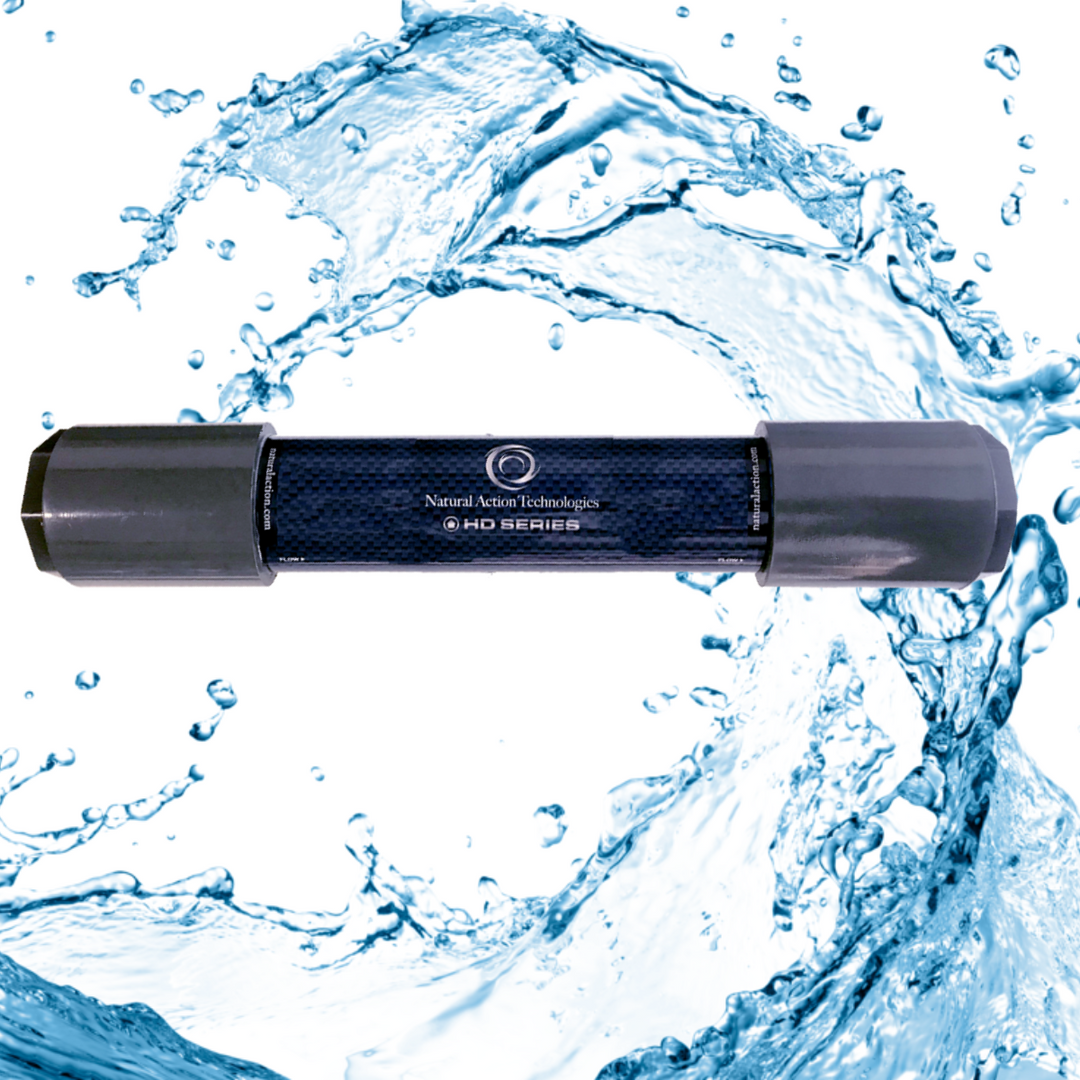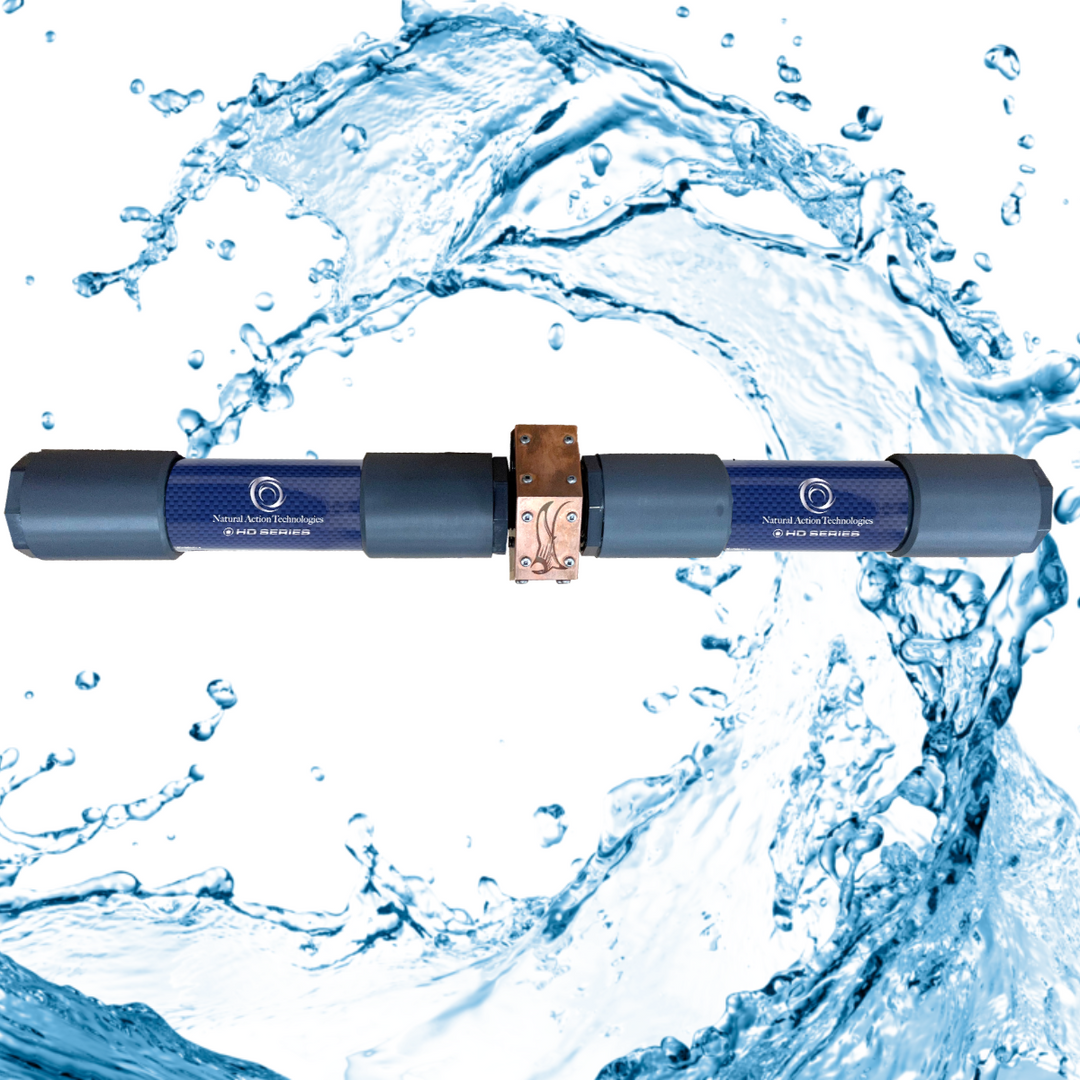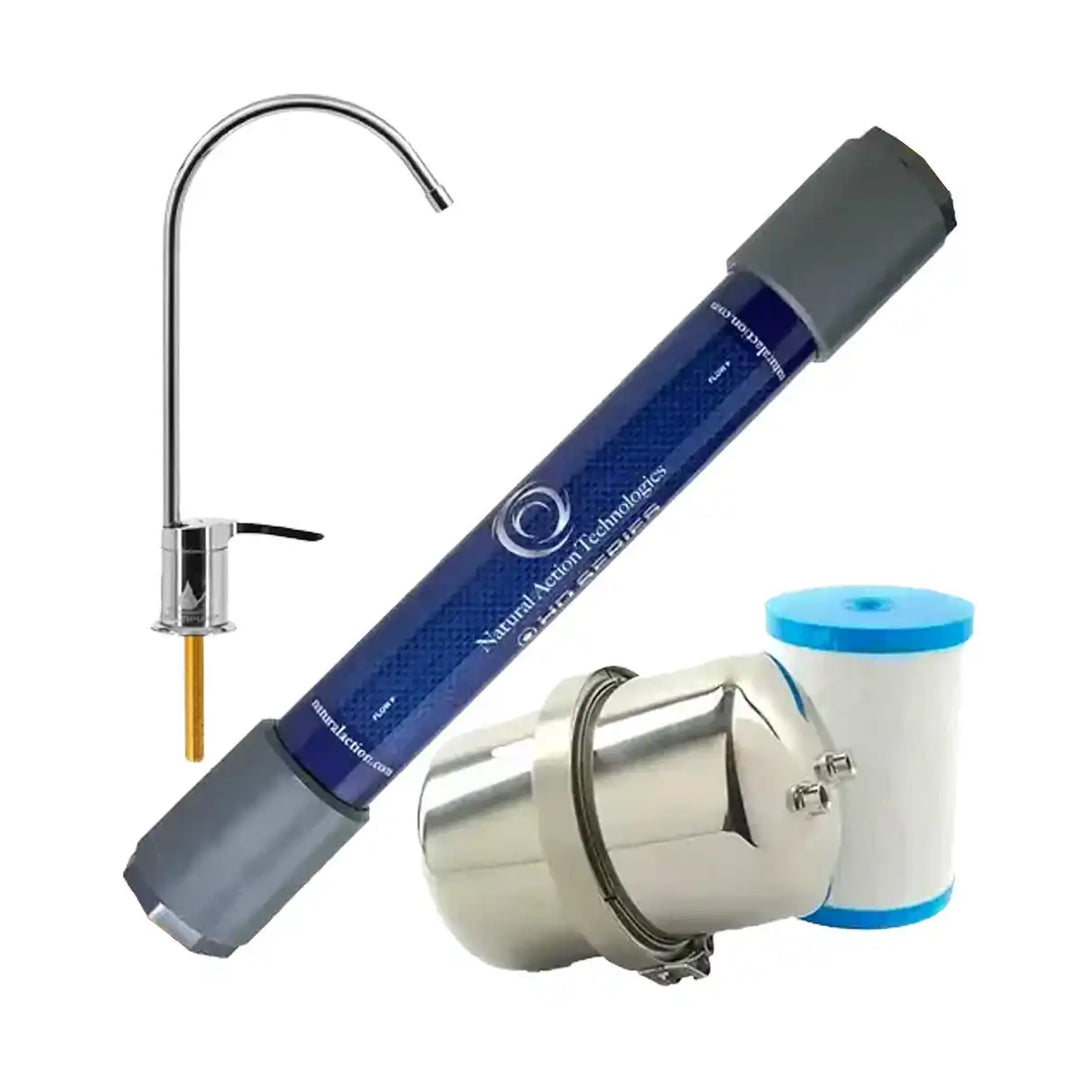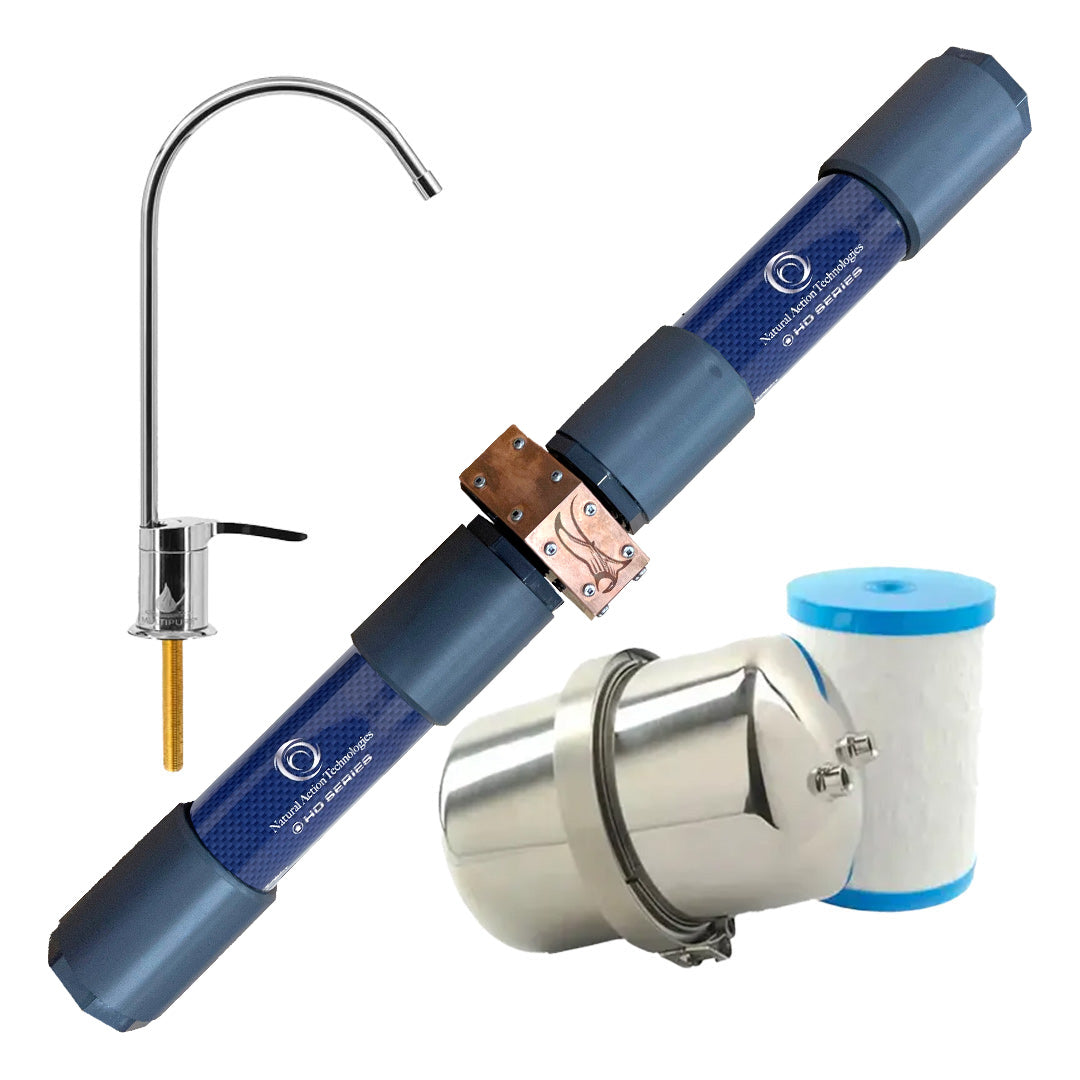Psychologists understand the intricate relationship between our emotions – whether conscious or unconscious - and our behaviors which often are divorced from rational thought and impervious to logical argument. The study of emotions, and the understanding of how they can side-rail the best laid plans, is not an area that crosses over to other disciplines and certainly not to policy making.
Water Today reached out to Sarah Wolfe, Ph.D., associate director of the undergraduate studies School of Environment, Resources and Sustainability (SERS), University of Waterloo. “In the field in which I work - research on the interactions between people, society and water - the role of emotions generally, and of disgust specifically, is largely ignored,” Dr. Wolfe submitted in an email exchange with WT.
“All of us - researchers, policy-makers, corporate leaders and members of the public - should begin to recognize how the presence, intensity and even absence of disgust can critically influence our water decisions,” Dr. Wolfe believes.
Drinking water is a prime example
Our perceptions of ‘contagion’ can elicit the emotion of disgust - something which bottled-water companies successfully exploit. In water-scarce areas, the collection, cleaning and reintroduction of ‘dirty’ water including sewage into water systems is a proven method to safely maximize drinking water. However, thoughtful water management, which is backed by good science and implemented through innovative infrastructure, can still be rejected by this kind of disgust.
Dr. Wolfe, describes herself as “a water person to the core, being constitutionally incapable of working within disciplinary boundaries.” In her research approach she has stylized these attributes to “gather, translate and combine the insights from geography, psychology, cognitive science, and knowledge- management with findings on water decision-making processes.”
If we are reminded of our inevitable mortality, we tend to strengthen our existing opinions of what is right and good in the world. When clever marketing tactics convince us bottled water sustains good health and an active lifestyle our self-esteem and cultural worldview is reinforced when we see the rich, beautiful and famous imbibing from a plastic bottle.
Mortality defenses – as understood through TMT - are a missing part of the conventional environmental and water decision-making explanations, according to Dr. Wolfe. Environmental decision-making is complex and inclusive of many diverse actors (transparency, accountability, governance) “but we must recognize that all actors bring their emotions, including fear to discussions and negotiations.”
Fear is a powerful motivator which can generate pro-environmental actions but it can also produce undesirable priorities and behaviors. We can elicit a “you only live once” attitude which prompts a reckless, wasteful behavior pattern and selfish exploitation of natural resources as well as a preference for authoritarian leadership. On the positive side fear can also elicit an “eco-guilt” which motivates pro-environmental behavior.
“This is a really exciting time to be doing the work I’m interested in. People are slowly waking up to the reality that science and facts aren’t enough and that emotions are immensely powerful drivers, not just something shameful or distracting.”
The challenge will be in creating the policies that will turn those mortality reminders into an impetus for positive change.
Human emotions are complicated. “Given the many and multiplying stresses on our drinking-water systems it’s time to stop ignoring how powerful and universal emotions can both help and hinder our water decisions,” Dr. Wolfe concludes.
Structuring your tap water will provide energetic, quality water.
By Suzanne Forcese












